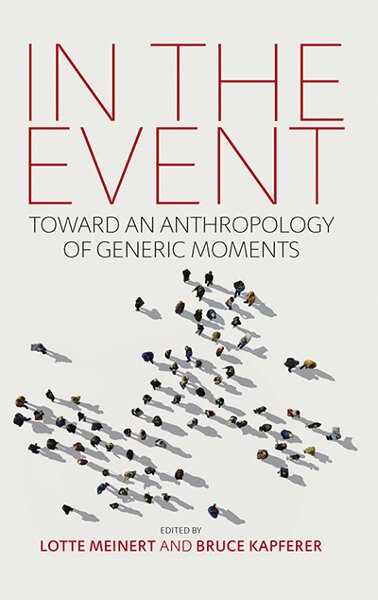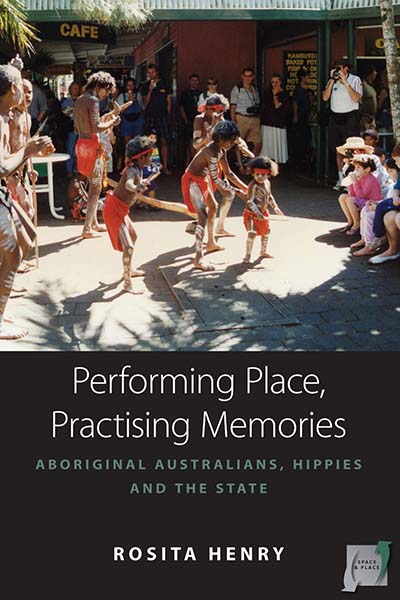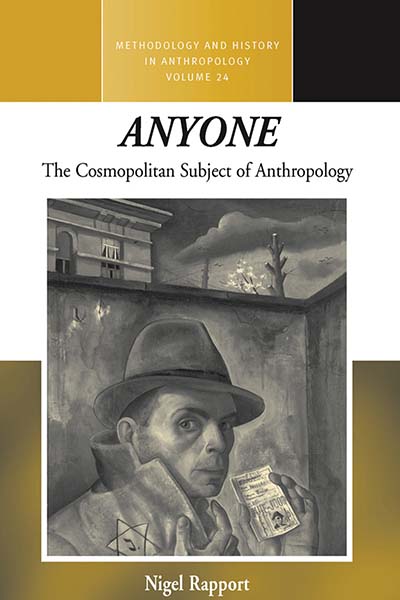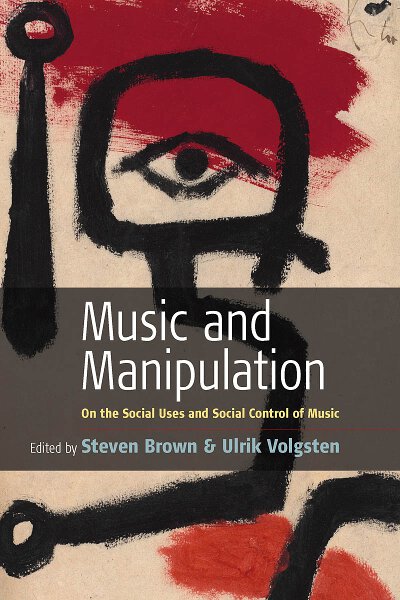
See Related
Anthropology JournalsEmail Newsletters
Sign up for our email newsletters to get customized updates on new Berghahn publications.
In the Event
Toward an Anthropology of Generic Moments
Edited by Lotte Meinert and Bruce Kapferer
186 pages, 7 illus., index
ISBN 978-1-78238-889-0 $29.95/£23.95 / Pb / Published (May 2015)
eISBN 978-1-80758-787-1 eBook
Reviews
“In general terms, In the Event: Toward an Anthropology of Generic Moments accomplishes several goals that make it a book extremely worth reading. For a start, it is an excellent introduction to the contemporary validity of the Manchester School, particularly in terms of the exploration concerning the question of what an event is and does. Furthermore, and following from this, the various contributions to this volume show a very thought provoking argument, inspired by Deleuze (2002): the event is the seed to change, to multiplicity, to the unexpected, rather than merely the illustration of something that already exists. Finally, every chapter of this book manifests something that is becoming increasingly evident for all of us: the translocal connections made visible by the occurrence of events.” · Anthropological Forum
Description
Events are “generative moments” in at least three senses: events are created by and condense larger-scale social structures; as moments, they spark and give rise to new social processes; in themselves, events may also serve to analyze social situations and relationships. Based on ethnographic studies from around the world—varying from rituals and meetings over protests and conflicts to natural disasters and management—this volume analyzes generative moments through events that hold the key to understanding larger social situations. These events—including the Ashura ritual in Bahrain, social cleavages in South Africa, a Buddhist cave in Nepal, drought in Burkina Faso, an earthquake in Pakistan, the cartoon crisis in Denmark, corporate management at Bang & Olufsen, protest meetings in Europe, and flooding and urban citizenship in Mozambique—are not simply destructive disasters, crises, and conflicts, but also generative and constitutive of the social.
Lotte Meinert is Professor of Anthropology in the Department of Culture and Society at Aarhus University, research leader of Governing Transition in Northern Uganda: Land and Trust, and co-director of EPICENTER: Center for Cultural Epidemics. She is the author of Hopes in Friction: Schooling, Health and Everyday Life in Uganda (Information Age Publishing) and co-editor of Second Chances: The First Generation Living with ART in Uganda and Ethnographies of Youth and Temporality (Temple University Press).
Bruce Kapferer is Professor of Anthropology at the University of Bergen and Honorary Professor at University College London. He has held academic positions in Zambia, Manchester, Adelaide, London, and Queensland, and carried out extensive fieldwork in Zambia, Sri Lanka, India, Australia, and South Africa. His major publications include The Feast of the Sorcerer (University of Chicago Press) and Legends of People, Myths of State (Berghahn Books).




